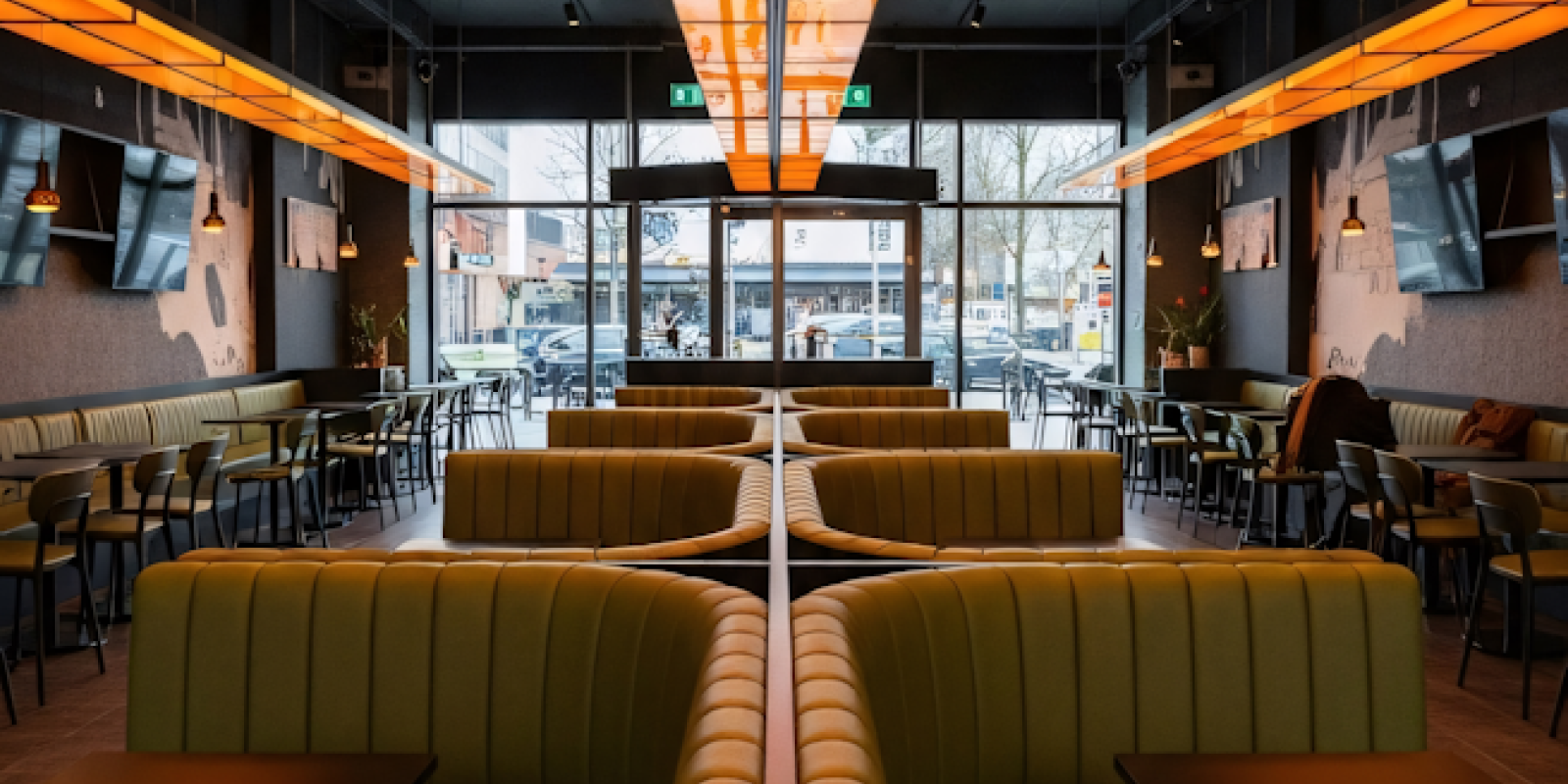AI-Powered Voice Automation for Hospitality
Deploy smart voice assistants for hospitality in 4 weeks. Elevate guest experiences, automate requests, and optimize operations with 24/7 availability.

Cost per engagement
Response time
CSAT
Customer satisfaction
Industry Challenges in Hospitality
The hospitality industry struggles with labor shortages, high guest expectations, fluctuating demand, and the need to deliver personalized experiences while managing operational costs
High volume of guest requests
Hotels and resorts receive endless guest inquiries – front desk lines ringing for room service, housekeeping, concierge questions (local dining, directions), etc. Staff can be overwhelmed by repetitive requests (like “What’s the Wi-Fi password?” or “Can I get more towels?”), leading to slower responses and reduced service quality during peak times.
Guest expectations for instant service
Today’s travelers expect fast, digital solutions. About 77% of guests prefer using automated messaging or chatbots for simple requests. Additionally, 71% are more likely to book with hotels that offer self-service options like mobile check-in and digital concierge. Hotels that rely only on in-person or phone-based service risk falling short of these expectations, especially among tech-savvy guests.
Labor shortages and cost pressures
The hospitality industry continues to face staffing challenges and rising labor costs. Many properties can’t maintain full coverage around the clock, leading to slower service especially during late-night hours when only minimal staff may be available. High employee turnover also means frequent training, which can result in inconsistent service quality if new staff are not fully prepared.
Missed upsell opportunities
Opportunities to upsell like offering spa treatments, room upgrades, or dining reservations—are often missed when staff are too busy or distracted. If no one offers these options at the right moment, the potential revenue is lost. Relying solely on human interaction for upselling can be inconsistent, especially when staff are multitasking or guests don’t proactively ask.
Accelerate Operations, Boost Customer Satisfaction, and Scale Securely with Converscient.ai
Voice-Powered Reservations and Booking Automation
24/7 Guest Service Availability
Room Service & Concierge Voice Automation
Seamless Integration with PMS, CRM, and POS Systems
Enterprise-Grade Security and Compliance
Key Use Cases in Hospitality
Voice AI in hospitality enhances guest experiences through contactless check-ins, in-room service requests, personalized recommendations, and efficient front-desk support.
In-room smart speakers or phone-based voice assistants allow guests to ask questions (“What time does the pool open?”, “Book me a table at the Italian restaurant tonight”) and get immediate answers or confirmations. It’s like giving every guest a personal concierge without adding staff.
Guests can verbally order room service (“I’d like a Caesar salad and a Coke”) or request items (“Need two extra blankets”). The AI confirms the order, forwards it to the kitchen or housekeeping automatically, and can provide an estimated delivery time. This eliminates phone hold times and language issues, enhancing convenience.
Automate common front desk calls – directions to the hotel, parking information, Wi-Fi troubleshooting, check-out procedures. The system can answer these instantly. For more complex issues (billing questions, complaints), it can seamlessly transfer the call to a human manager with context, ensuring the guest doesn’t have to repeat themselves.
The voice assistant can proactively mention relevant services. For example, if a guest asks about late check-out, it can offer a paid late check-out rate. If they inquire about local tours, it can upsell hotel-organized tours or partner offers. These suggestions can increase revenue per guest.
After check-out, an automated call or message can ask the guest for feedback (“How was your stay? Please rate us or say any comments…”). It can also promote loyalty program enrollment or future stay discounts. Capturing feedback via voice is convenient for guests and provides the hotel instant insights.

.png)








